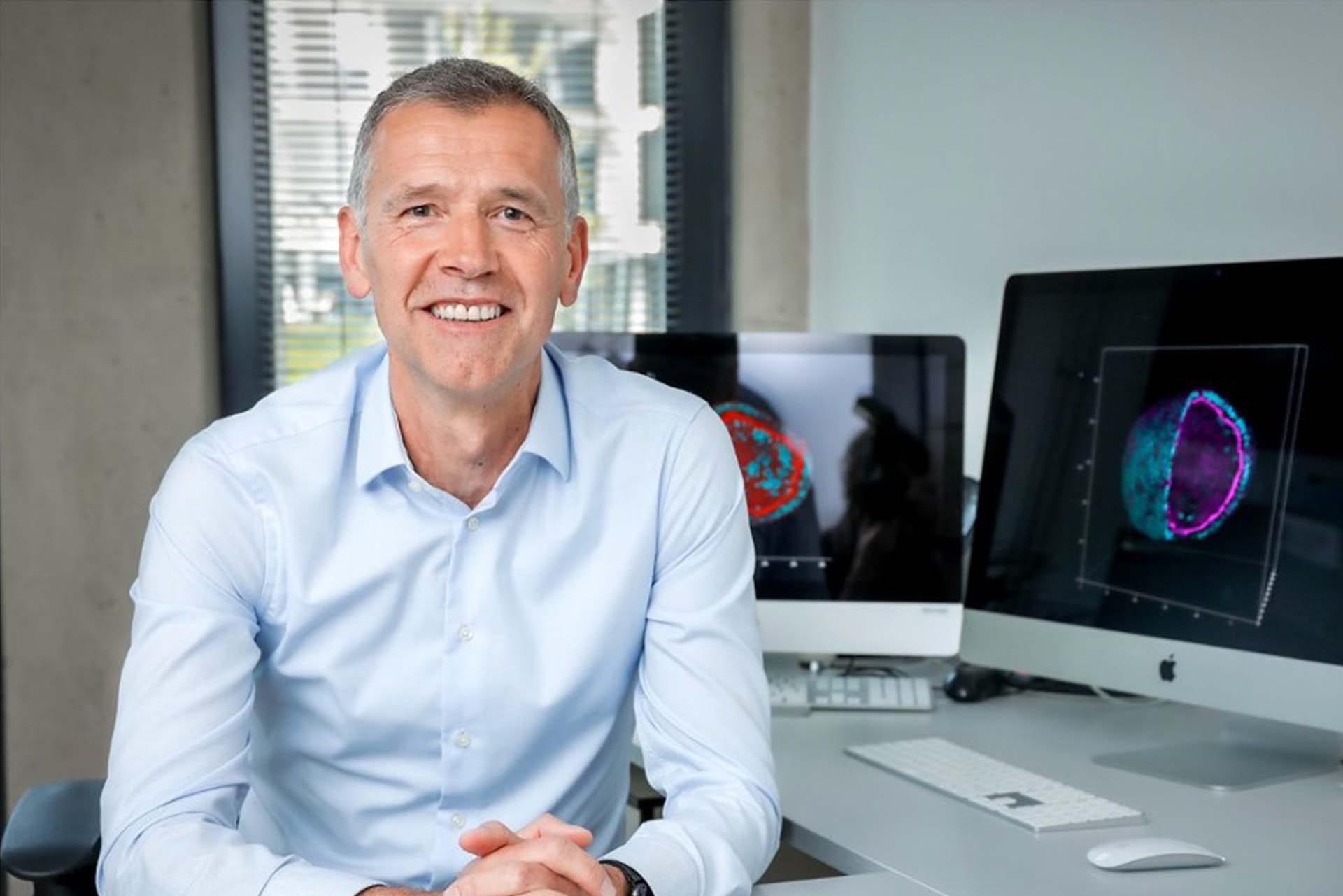Growing endometriosis awareness is boosting research
Courageous patient testimonials and recent media coverage have significantly raised global awareness about endometriosis. This boost is crucial, considering that the condition affects about one in ten women of reproductive age but is still largely overlooked. The severe symptoms accompanying the condition, such as intense pelvic and abdominal discomfort, abnormal menstrual cycles, painful sexual intercourse, and decreased fertility, in combination with the absence of effective treatment, makes this disease challenging to cope with.
According to Hugo Vankelecom, professor at KU Leuven, Belgium, specializing in endometriosis research, this surge in increased awareness is now contributing to the advancement of scientific research. “We have observed that applying for research funding to support endometriosis, or women’s health in general, has recently become less challenging than it used to be some years ago.” Vankelecom’s research, concerning the development of organoids to study endometriosis and explore new treatment options, started off on a small scale receiving basic KU Leuven funding. Recently, however, due to increased awareness and important preliminary evidence, it received both national and international support, allowing for a larger-scale research project. Nevertheless, there is still a significant amount of ground to cover. “While many of our neighboring countries have already established national endometriosis plans, focusing on enhancing awareness and promoting improved diagnosis, research, and treatment, Belgium has not achieved such a coordinated plan yet,” adds Vankelecom, “although some first steps have been taken”.
Check out this article for more information on women’s health as a boosting sector in research and investment.
Organoids for more relevant research
In the past, researchers have traditionally relied heavily on laboratory animals to assess the efficacy and safety of drug candidates in early stages of research as well as in preclinical phases. However, ethical concerns and significant limitations in terms of applicability to human subjects have led to a much-needed shift. Today, only 5-10% of promising drug candidates that show potential in animal models succeed in clinical trials and eventually enter the market, indicating that there is a need for more humanized preclinical model systems. “For endometriosis research, we are limited when using animal models,” says Vankelecom. The condition only occurs in menstruating species, of which there are few, leaving only little room for use of typical lab animals such as mice or rats.
“Organoids represent miniaturized organs or organ parts, which allow us to efficiently explore therapeutic molecules for effective treatments.” – Hugo Vankelecom
To test novel therapeutic strategies in a model that resembles the situation in the human body, Vankelecom and his team use organoids, three-dimensional, self-developing assemblies of human cells that can be cultured and grown in a petri dish. “We demonstrated that we can create organoids from the patient’s diseased tissue cells, in a manner that preserves the key features of endometriosis within a laboratory setting,” adds Vankelecom. “This groundbreaking discovery now enables researchers worldwide to explore therapeutic molecules for more effective treatments.” The organoid technology offers a significant advantage in that it allows the generation of manifold organoids from just one patient biopsy, enabling testing of numerous different drug candidates. Additionally, these organoids more closely resemble the real endometrium compared to the standard 2D (cancer) cell models commonly used in drug development. “Organoids really represent miniaturized, simplified organs,” states Vankelecom. “Because of the improved relevance of organoids as a model, we are confident that we can identify promising compounds at an early stage, thereby significantly accelerating the drug discovery process.”
Incubating research innovation for industrial success
The achievements of the KU Leuven research team have not escaped the attention of the international scientific community and funding bodies. Vankelecom and his team have recently secured support from the Danish BioInnovation Institute (BII) to translate their research into promising therapeutics. Their project, CurE-me (Curing Endometriosis), will be a part of the Bio Studio program, aiming to become a leading ‘company creation facility’ in Europe. This initiative focuses on translating cutting-edge science into innovative products and solutions. According to Vankelecom, the value of BII’s support goes beyond financial aid. He states, “The research initiated in our lab will thrive in this interdisciplinary environment where cross-fertilization and communication are key.” The researchers’ primary objective is to transform their unique biobank of endometriosis organoids into a drug discovery and screening platform. Within three years of incubation, this platform is expected to yield candidate therapeutics to launch a spin-off company. Importantly, patents that would arise from CurE-me remain at KU Leuven – a unique asset of the BII’s Bio Studio program.
“Joining the BII incubation program is a tremendous opportunity as it equips us with all the necessary tools to translate our scientific discoveries into improved treatments for endometriosis patients.” – Hugo Vankelecom
Leveraging their exceptional biobank and technological expertise, the KU Leuven team will significantly contribute to technology transfer towards BII. In return, a dedicated entrepreneur-in-residence will guide their research toward industrial success. Vankelecom expresses his enthusiasm about being part of such a stimulating and vibrating ecosystem: “For our research team, this is a tremendous opportunity as it equips us with all the necessary tools to translate our scientific discoveries into improved treatments for endometriosis patients.” As we gaze into the future, patient-derived organoids fit perfectly into the evolution to personalized medicine, where patients are stratified based on their unique traits and receive care optimized to their needs.


